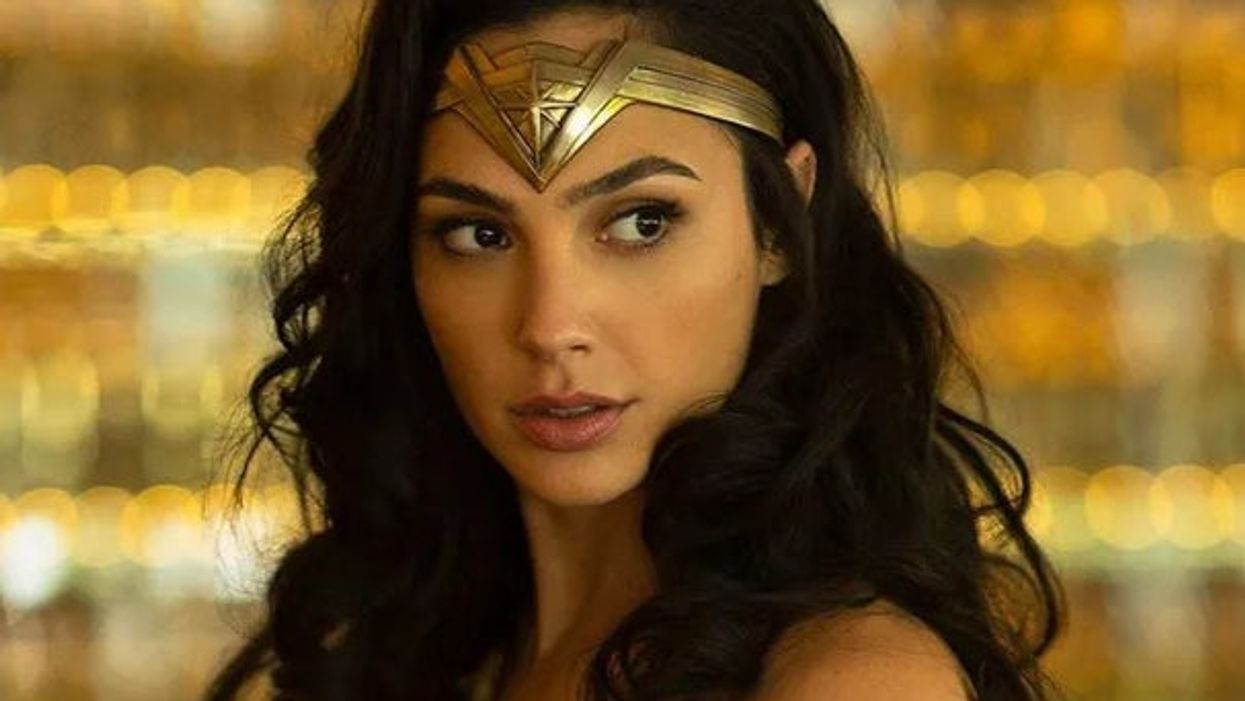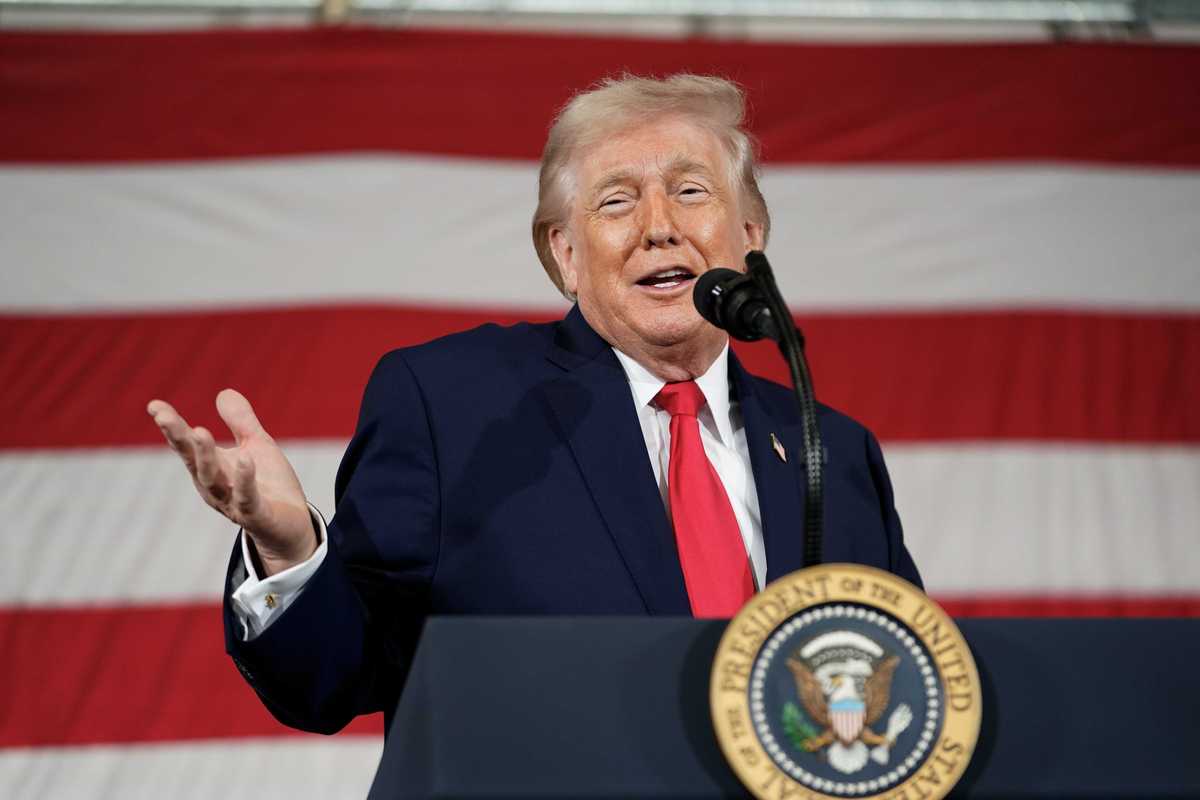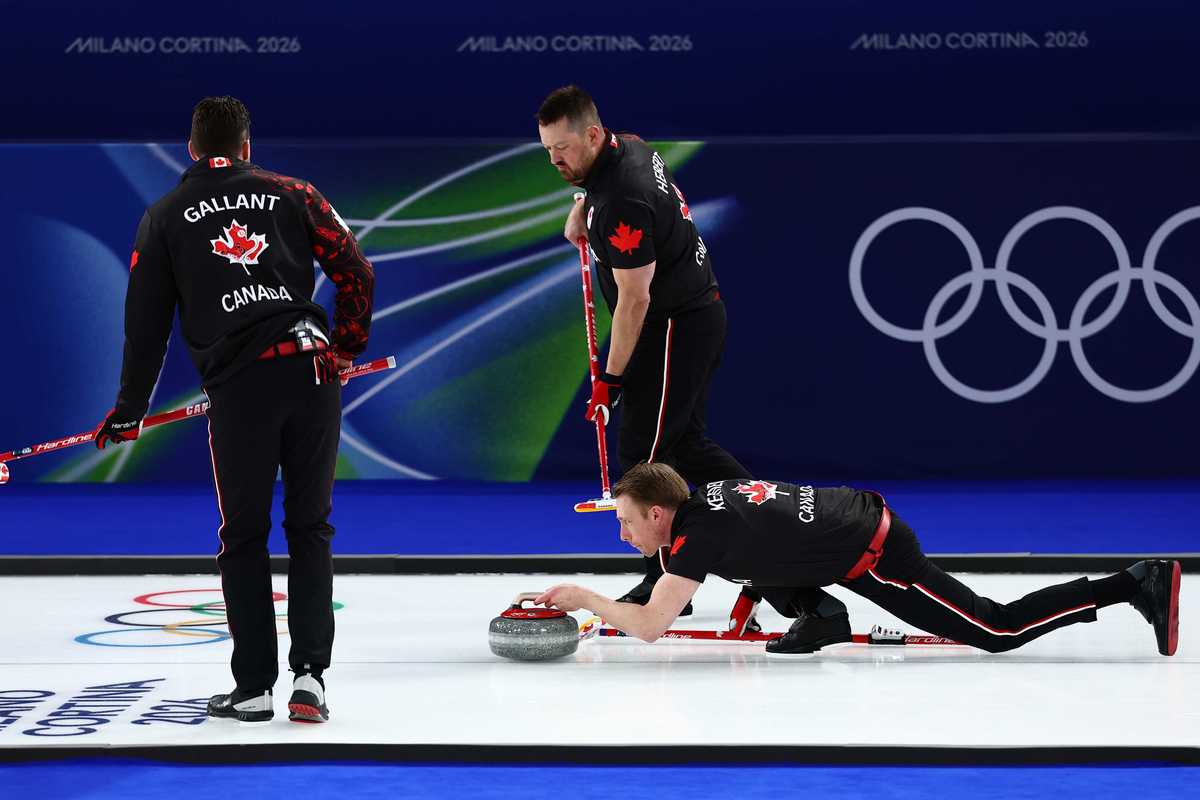The Covid-19 pandemic has deprived us of a lot of things, amongst those being the experience of a seeing a new blockbuster on the big screen.
Fortunately, a handful of major releases have made their way into cinemas and onto streaming services the most recent of which is the latest DC Comics extravaganza Wonder Woman 1984, directed by Patty Jenkins.
The sequel to the incredibly popular 2017 Wonder Woman movie starring Gal Gadot was initially intended for a summer release but because of the pandemic was pushed back to a Christmas release, landing in cinemas and on HBO Max in the US.
Whilst the first film was widely adored by audiences, the reception for this film has been very divisive. Critics have either loved or hated it with Pedro Pascal’s performance as villain Max Lord being noted as a positive. Gadot’s ever-charming take on Wonder Woman and the returning Chris Pine were also highlights for some.
However, viewers have noticed that there are a few elements to the plot which have raised a few concerns.
Warning: Spoilers ahead for Wonder Woman 1984.
During the film's two and a half-hour run time we see the characters travel to Cairo, Egypt where Lord meets Emir Said Bin Abydos, the ruler of the fictional Bialyian Dynasty who wishes for his ancestral land to be returned to him, which Lord delivers thanks to his superpowers.
Although the scene might not sound that offensive some viewers couldn’t help but feel that it fell into lazy stereotypes of a white saviour complex.
CBR has reported that the inclusion of the Bialyian Dynasty is likely an easter egg or hint at the forthcoming Black Adam film starring Dwayne Johnson but maybe it could have been handled with a bit more consideration.
A scene shortly after this has also raised eyebrows. During a high-speed chase in Egypt, Wonder Woman saves two children from being hit by a missile. Once again in the context of the film, this is pretty standard superhero fare but the optics is what has people up in arms.
Gadot, who is Israeli, was outspoken in her support of Israel’s controversial military action in Gaza in 2014. With this knowledge, some people expressed that this scene felt insensitive.
The final scene which has ignited some fury is a sex scene with Wonder Woman and Chris Pine’s Steve Trevor character that is complex and could have done with a real think over in the script. Trevor who died in the first film is brought back in the body of another man. Wonder Woman only ever sees Trevor as himself and the man whose body he is in is barely acknowledged or seen on screen.
Due to this, the sex scene, which is not in the film, only the pair in bed afterwards, has been interpreted as sexual assault as there was no way the man could have never have consented to sex with Wonder Woman. The scene, which obviously exists in a hypothetical situation does, raise some serious questions about consent regardless.
Gadot, DC or Warner Bros is yet to respond to these criticisms but it hasn’t stopped the film from grossing a worldwide box office of $85 million.
This is far from the only criticism that is currently being aimed at Gadot who is planning to play Cleopatra in a forthcoming film about the Egyptian queen. The film has already been accused of whitewashing history. Gadot defended the decision by stating that Cleopatra was Macedonian but and that they ‘were looking for a Macedonian actress that could fit Cleopatra but she wasn’t there.'














